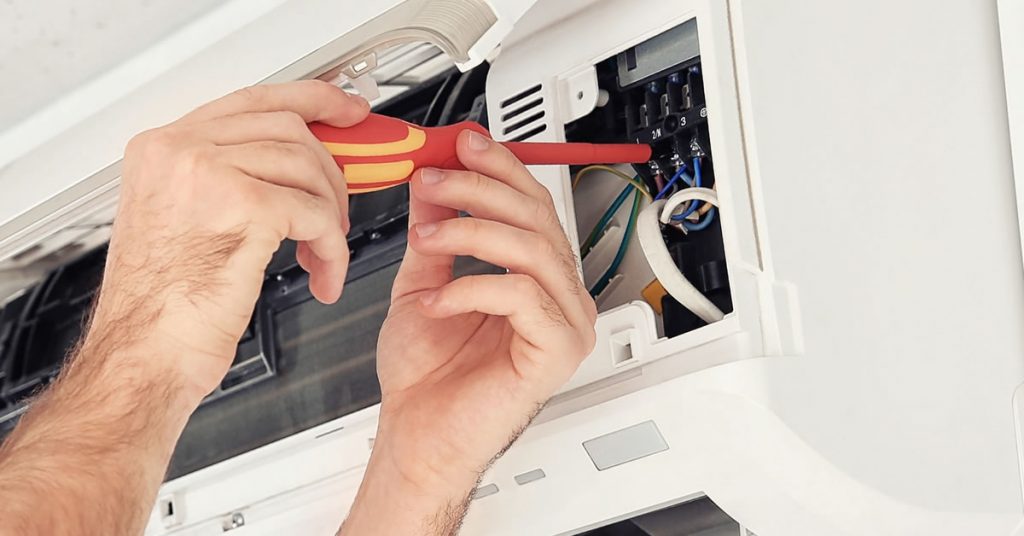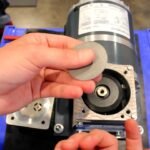Your air conditioner is very important in the hot summer to keep your house comfortable and at a nice temperature. Like any other item, AC units can, however, have issues over time. Should your AC produce unusual noises or fail to cool as it should, there may be various underlying reasons. Knowing these typical difficulties and their fixes will enable you to solve problems and decide when to consult a specialist.
AC Not Cooling Properly
One of the most embarrassing issues with running an air conditioner is that it’s not effectively freezing your house. Low refrigerant levels, unclean air filters, or a broken thermostat may all serve to explain this. Constrained airflow from obstructed air filters makes cooling your space more challenging for your air conditioner. Frequent filter replacement or cleaning will help to bring back efficiency. However, low refrigerant quantities could point to a system leak. Should you believe there to be a problem, a qualified HVAC specialist can check and replace the refrigerant. Check also that your thermostat is operating as it should and at the right temperature. Often the issue can be fixed with a simple battery change or recalibration.

AC Making Strange Noises
The air conditioner you have should run really quietly. Unusual sounds like pounding, buzzing, or screeching indicate a problem if you start to hear them. Different sounds can point to different issues. A pounding sound could indicate a compressor component that is either loose or faulty. While screeching noises usually point to difficulties with the fan motor or belt, buzzing sounds could indicate electrical problems. Should you hear these noises, you should turn off the machine and arrange a professional check-up to stop more damage.
Water Leaking from the AC Unit
It can be concerning to find water pools surrounding your air conditioner. Usually, a frozen evaporator coil, a filthy air filter, or a clogged condensate drain line causes this problem. Leaks arise from condensation from the AC having nowhere to go when the drain pipe is obstructed. Clearing a drainage line with a water and vinegar combination often helps with the obstruction. Furthermore, causing the evaporator coil to freeze and resulting in extra water when it melts is a dirty air filter. Regular check and replacement of filters helps to avoid this. Should the evaporator coil already be iced up, turn down the AC and let it melt before turning it on once more.
AC Frequently Turns On and Off
Higher energy expenditures and system strain can result from too frequent on and off of your AC cycles. Short cycling—this problem—may be brought on by a dirty air filter, a too-large AC unit, or a broken thermostat. A filthy filter reduces airflow, which causes the device to overheat and turn off early on. Frequent air filter changes help to preserve smooth performance. Should the AC unit be overly large for your house, it will rapidly cool the area but cut off before completing a full cycle, therefore compromising performance. In this instance, the best course of action is to see an HVAC expert to ascertain the appropriate size unit. To acquire an accurate reading, also make sure a malfunctioning thermostat is positioned away from direct sunlight or heat sources since short cycling might also result from it.

The Importance of an AC Tune-Up
Maintaining effective operation of your AC and avoiding unplanned breakdowns depends on preventive maintenance. By spotting and resolving little problems before they become expensive repairs, an air conditioner tune-up can help. An HVAC specialist will check refrigerant levels, clean the coils, check electrical connections, and guarantee all components are running as they should during a tune-up. This increases efficiency as well as your AC unit’s lifetime. Because a well-kept system uses less power to cool your house, periodic upkeep can also assist in reducing energy expenditures. Arranging a professional tune-up at least once a year, ideally before summer, guarantees that your AC is in the best condition when most needed.
Conclusion
While professional assistance is not always necessary for troubleshooting your AC, understanding when to hire an expert will save you money and time. Ensuring regular air filter changes, routine maintenance, and a yearly air conditioning tune-up helps you to guarantee that your AC performs fault-free all year long. If you find ongoing problems even after troubleshooting, you should see an HVAC specialist to identify and resolve the issue before it becomes worse.






